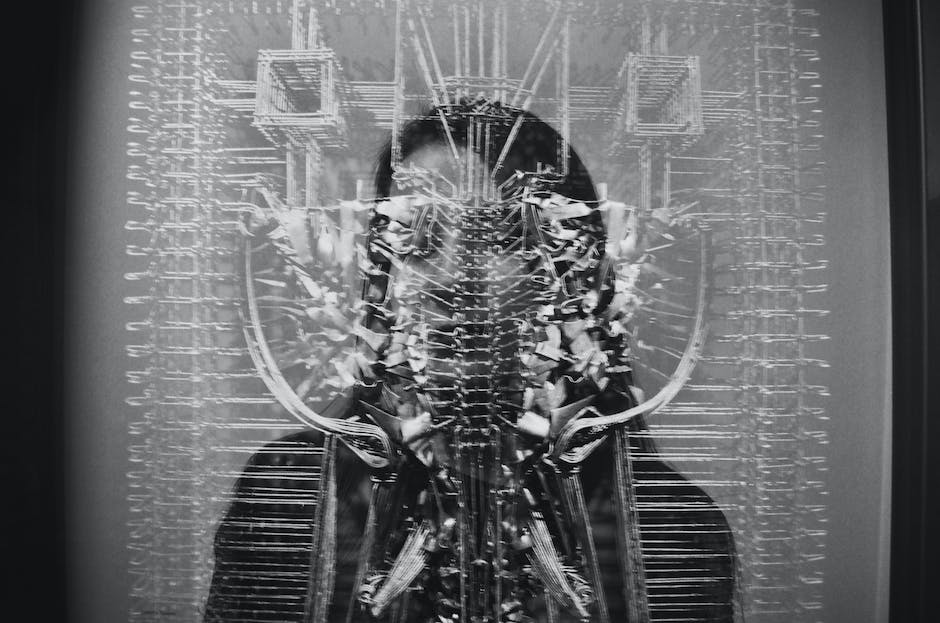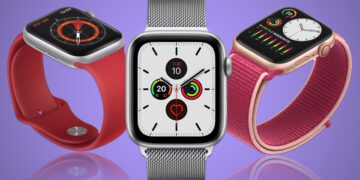[ad_1]
The vilification of AI is prominent in certain groups, with many thinking AI will replace human beings. Thankfully, the reality is that AI gives us humans countless benefits.
The misconception of AI being sentient or a machine version of a human comes from science fiction and similar media. It is usually portrayed as a robot gaining sentience and pursuing shenanigans such as eliminating the human populace. In contrast, it is just a hyper-capable program that can better combine data with intelligent algorithms to produce an outcome.
Currently, more than half of all corporate recruitment firms, such as Lensa, use AI to magnify the industry’s potential for recruitment. Artificial intelligence is a tool that has changed the way firms function for the better and has even affected our private lives positively without us even knowing it.
Before we talk about what AI does explicitly for recruitment, let’s first understand how it works to be able to decipher its benefits for job search companies.
What is artificial intelligence?
We have already determined that AI is simply a program that is highly human-like in making decisions due to its intelligence. There are four main categories in which AI is classified, which are thinking humanly or rationally, and acting humanly or rationally. Thinking is based more on the program’s decision-making than actions for behaviors.
Though this may already sound like AI is about to take over, especially with all these “human” buzzwords, it is still simply a program that can respond and calculate well. Sentience is a concept even we humans have yet to understand, making it nearly impossible to create in our times. Funding is also another factor in the unlikelihood of sentient AI.
The two types of AI are either narrow or artificial general intelligence. These categories describe the intelligent computational skills of an AI program.
Narrow AI is the type of AI we have everywhere now. This type performs individual tasks to the most efficient level and can be seen in resume creation, candidate filtering, search engines such as Google, and even self-driving vehicles. The critical takeaway is AI’s problem-solving with a human-like quality with extreme rationality due to the program lacking sentience.
AGI is something of science fiction, a sentient program that can be considered intelligent enough to be conscious. As mentioned earlier, we don’t understand our consciousness and the meaning and creation of life, and we base our beliefs mainly on science and speculation.
The breakdown of the way AI is so innovative is that it takes massive amounts of data and applies statistical knowledge to the information to learn how to perform a task better. It also uses deep learning, which is a process that is similar to our neural processes, to make stronger connections and better analyze inputs.
The qualities AI provides hiring companies
The most significant advantage AI has given job search firms is the time it saves recruiters when sifting through candidates. Decreasing the time it takes to hire is vital in the competitive environment that is recruiting because great candidates can come and go, and so can great opportunities for job seekers.
Recruiters spend most of their time doing manual tasks such as data entry or resume reading. AI decreases the time recruiters spend on these tasks and increases time spent with human interactions and relationships.
Having real-time with a candidate is essential to better their experience when getting hired and give recruiters a better impression of the candidate before hiring them.
This improves the quality of the candidates hired since AI can search through massive amounts of data pools, including resumes, to match the right skills to those it has been told are needed. The benefit of AI is the more you use it, the faster it learns and the better it gets at matching candidates at higher speeds.
Passive candidatures recruitment issue that is solved by artificial intelligence. Non-active job seekers can be offered better opportunities by recruiters being aware of the candidate’s existence, and this can lead to better-quality hires and a more efficient company.
Artificial intelligence can also help candidates create their resumes. Lensa has a workstyle game that consists of a quiz job seekers can take to determine skills they may not know about themselves that helps them find preferred jobs more efficiently.
Accurate job matching is also a benefit, thanks to how personalized AI can become. Well-targeted advertisements or notifications can make or break a recruiter’s journey, and this accuracy also decreases hiring time.
Any subconscious bias is mainly eliminated with artificial intelligence unless any bias is inputted into it or the program is badly set. Bias can creep its way even into programs such as these, especially discrimination on gender or even race.
The reason for unintended bias is purely statistical. Men are more likely to apply for jobs above their skill levels, creating a disconnect in the software since women pursue careers equal to their skills. The key to solving this issue is programming the AI to cross-reference and not focus on a particular group but on all users without biased distribution.
Lastly, application tracking systems play a significant role in recruitment using AI. It allows recruiters to organize all information and candidatures almost automatically and quickly. These systems track skills and experience, making the job of recruiters much more efficient and easier to pursue strong candidates.
Conclusion – Artificial intelligence in Job Search
Artificial intelligence in job search and recruitment has proven highly beneficial, even at a basic level. Though AI is advanced, it still needs to conduct complicated interviews or replace recruiters, and it was never planned to do that anyway. It is a great tool to remove mundane unnecessary tasks from the lives of hard-working employees.
[ad_2]
Source link
















